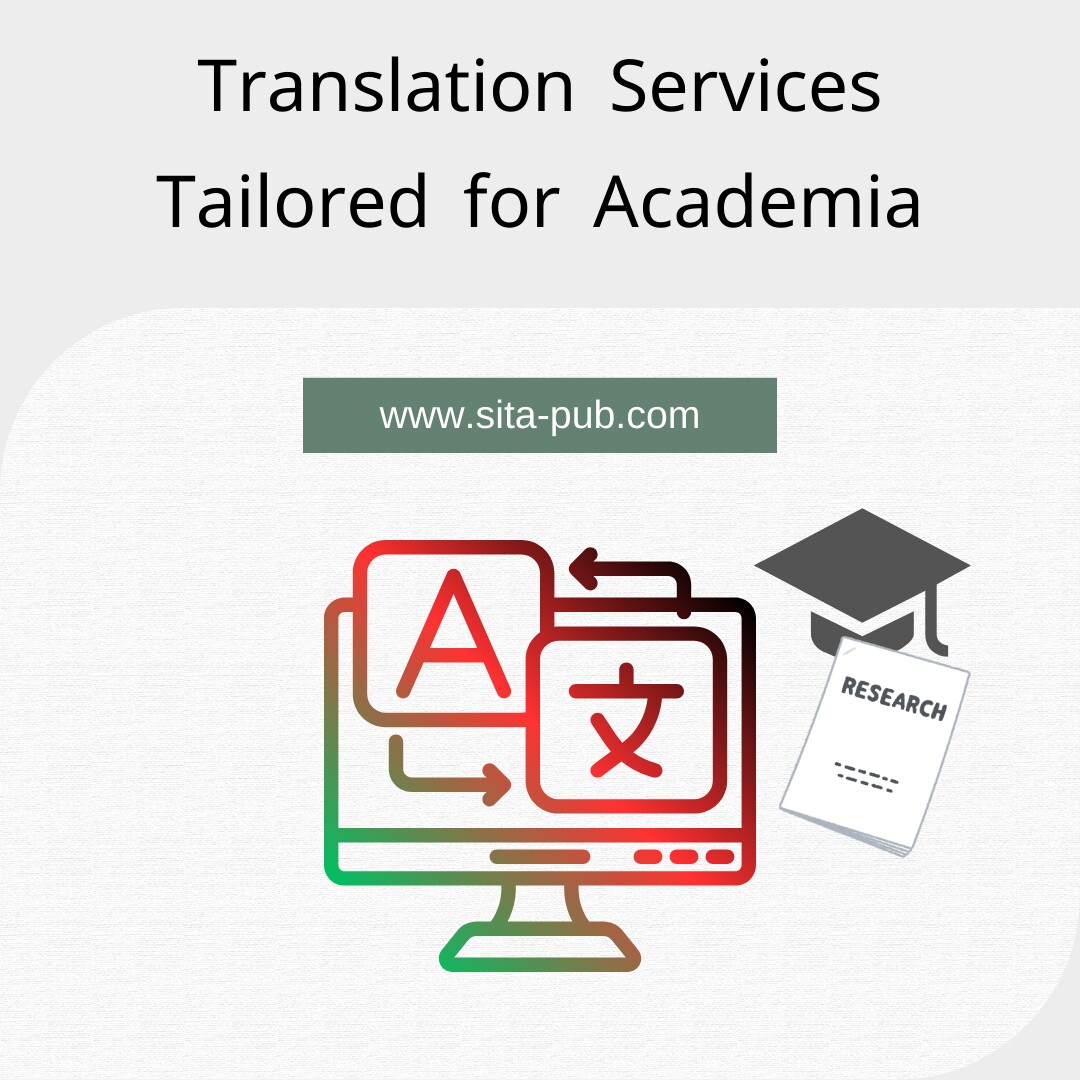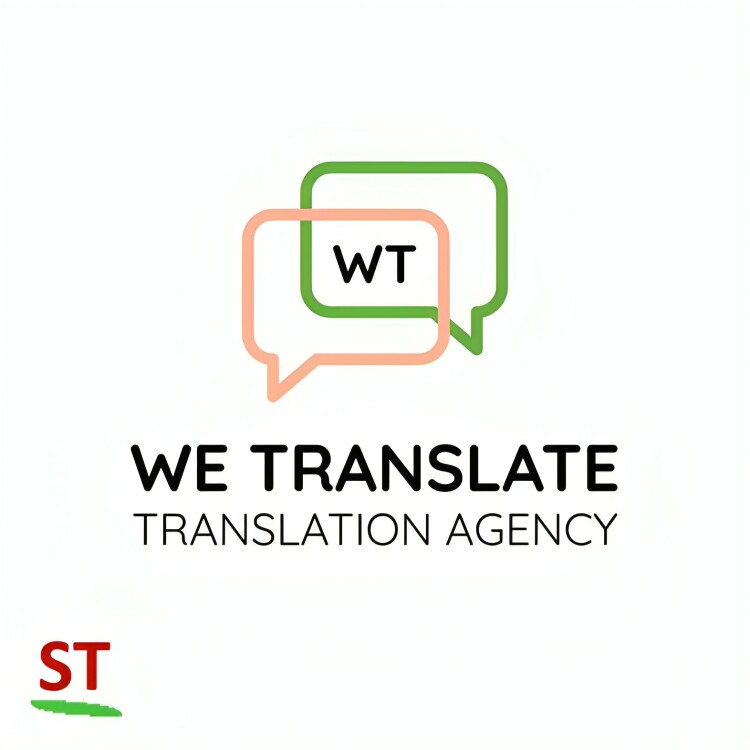Translation Services Tailored for Academia


In today’s global academic world, clear communication is very important. Researchers need to share their findings and ideas with people who speak different languages. Many scholars may not speak English or other common research languages as their first language. Because of this, professional translation services are essential. These services help ensure that their work is understood by a wider audience, allowing their research to have a bigger impact.

Many academics are not native speakers of English or other languages used in research. This can make it difficult for them to express complex ideas clearly. They need translation services for different types of academic materials, including:
Theses and Dissertations: These are large projects that researchers complete at the end of their studies. Translating these documents allows more people to read and understand their important work.
Research Papers: When scholars conduct research, they often write papers to share their findings. Translating these papers lets them submit their work to international journals and conferences, reaching a wider audience. Utilizing native translators for research papers is a very crucial factor.
Abstracts and Summaries: These are short descriptions of research. Quick translations of these summaries help researchers submit their work to global platforms, making it easier for others to find their research.
Presentations and Posters: Researchers often present their findings at conferences or seminars. They may need to translate their presentations and posters into different languages to effectively communicate with diverse audiences.
Using professional translation services offers many benefits that can greatly help academics:
Improved Clarity: Accurate translations make sure that complex ideas are explained clearly. This helps reduce misunderstandings and ensures that the intended message comes across.
More Publication Opportunities: When researchers translate their work, they have the chance to submit it to more journals and conferences. This increases their chances of getting published, which is important for their careers.
Better Networking: Translated materials help scholars connect with peers from different countries. This can lead to collaborations on research projects, joint publications, and sharing of knowledge across borders.
Broader Reach: When research is available in multiple languages, it can reach a larger audience. This includes policymakers, practitioners, and the general public, allowing for practical applications of research findings.

While translation is essential for academics, it can also be challenging. Some common problems include:
Loss of Meaning: Sometimes, important details in the original text can be lost during translation. This may lead to confusion or misinterpretation of the research findings.
Cultural Differences: Certain concepts may not translate well into other languages because of cultural differences. This can make it harder to convey the original message accurately.
To avoid these problems, professional translation services use native translators who understand both the language and the subject matter. This helps ensure that the original message stays clear and accurate.

To get the best results, it is important to choose a translation service that uses native translators who know the specific field of study. These experts understand both the language and the subject, which helps maintain the correct technical terms and context. This level of expertise is essential for keeping the quality of academic work high.
Using native translators ensures that the translated content feels natural and is easy to understand for the target audience. They can adapt the language to fit cultural expectations, making the research more relatable and engaging.
In summary, professional translation services are vital for academics who want to share their research with people around the world. These services help ensure clear communication, preserve the original meaning of the work, and promote collaboration among researchers from different countries. By breaking down language barriers, translation allows for a richer exchange of ideas and knowledge, ultimately advancing research and innovation.

At SITA Academy, we offer complete translation services designed specifically for academic materials. Whether you need to translate a thesis, research paper, abstract, presentation, or any other academic content, our team of native translators is ready to help you in multiple languages. We understand how important it is for your work to be accurate and culturally relevant. Make sure your research reaches a global audience and makes a meaningful impact.
Native speaking translators
Expert in respective fields
Client Collaboration
Customized Solutions
Quality Guarantee
Timely delivery
Confidentiality and Security
Why choose SITA Academy?




Premium quality
Satisfaction Guarantee
24/7 Services and Global Coverage
Team of Human Professionals
If you have any questions, inquiries, or would like to learn more about our services, please don't hesitate to reach out to us. Our dedicated team is ready to assist you.